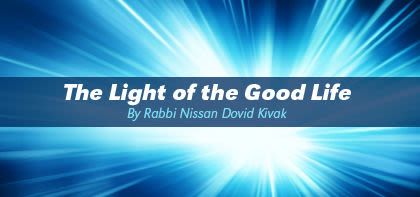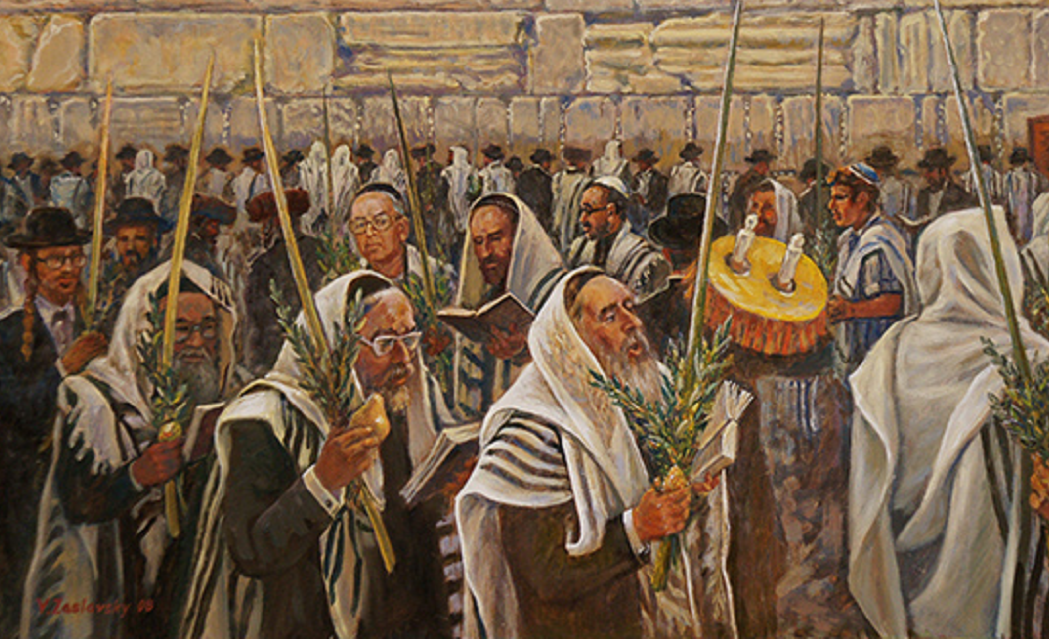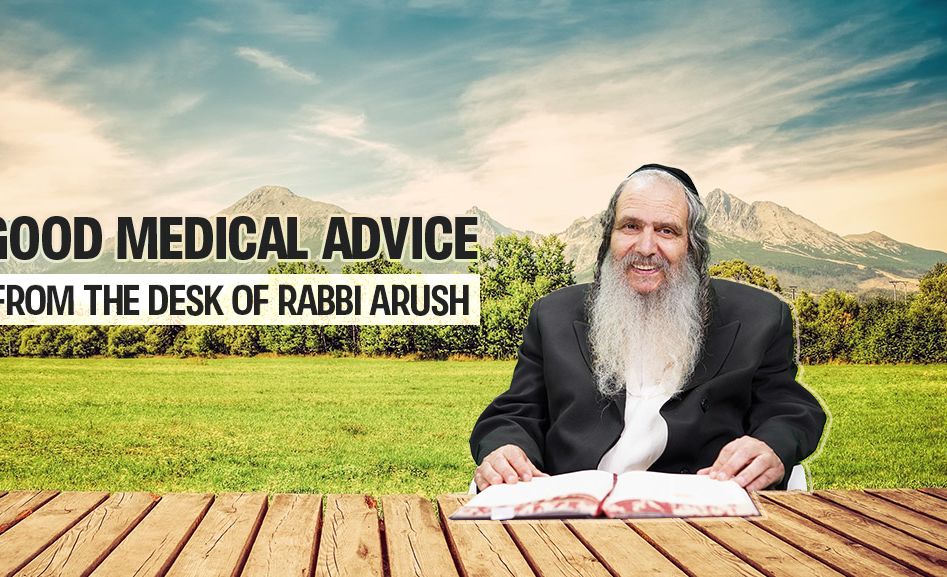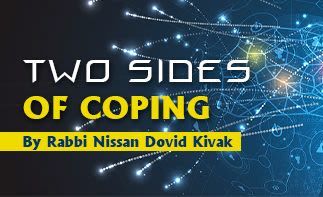
The Light of the Good Life
A man’s main task is to seek a bit of common sense that comes from true Torah wisdom - seichel. One with seichel attains the light of the good life...

Translated by Aaron Yoseph
A Yeshiva boy learnt well in the morning, he felt a great light, but then he got tired. And there are many levels to this – some people really fall away and go through all the things that people go through in this world. That this light, that Rebbe Nachman calls the light of wisdom, that I had before – it was in my grasp, and I wanted to unite with it, and all of a sudden it spread its wings and said “Goodbye”. It ran away from me. This light of the Sun went. The light of enthusiasm, that I so much wanted to be close to Hashem, to serve Hashem with joy. Why not? Everyone knows about this – it flies off and goes away.
This is a very essential point that many people are confused about. On the one hand they learnt a way to receive some arousal to serve Hashem, from a book, from the writings of the Baal Shem Tov, or the Baal HaTanya. But then suddenly afterwards, he doesn’t know what happened. The only advice is to go back and learn it again. Study it more carefully, perhaps this will lift you up. It does lift us up. This is also the case with the Rebbe Nachman’s holy books and Likutei Halachot and the Zohar HaKadosh – they uplift our brains. But practically we’re left with our tongues hanging out. We don’t know what happened. This is the “afternoon” – when we forget and don’t know how to  live. For some reason, we become dried out, and we go through what we go through. We can’t live with the light of the seichel, whether it’s in serving Hashem, or just to be happy. We can’t do it. This is a well known problem. Whoever doesn’t know that this is his problem needs to learn to know that this is his problem.
live. For some reason, we become dried out, and we go through what we go through. We can’t live with the light of the seichel, whether it’s in serving Hashem, or just to be happy. We can’t do it. This is a well known problem. Whoever doesn’t know that this is his problem needs to learn to know that this is his problem.
There is one who doesn’t know at all that the light of wisdom can help him – that the holy charm of Torah knowledge can help him. He falls into despair, he has financial problems, marital problems, health problems, emotional problems – and he doesn’t know that holiness can help him.
Then there is one who does know a bit about the liveliness and light that can help him, just that he asks, “But practically it doesn’t help me, because I learn, but then afterwards I go to work and I forget.” The Rebbe addresses this very real problem that we all go through. Everyone who starts to come close to Tsaddikim and to the warmth of holiness and the light of wisdom and spiritual awakening goes through this. So too every Yeshiva boy who starts to learn the ethical works of the Rishonim – the Ramban, the Maharal, the Ramchal – he starts something and gets very aroused, he gets another idea, then another – but how do we bring it into our lives? We need a piece of advice.
What a Rebbe we have here, who addresses this situation. If we do what he advises us to, we achieve the ultimate unification of emuna, the light of the moon shines like the light of the sun – we serve Hashem perfectly.
There is a light of serving Hashem, which is the general point at the start of his holy words – that we have to elevate the true charm of Israel which has fallen, to feel like an enlivened and happy Jew – the charm of the King’s son, the charm of someone who serves the King. Ah! What charm it is! And this is the same idea as looking at the inherent wisdom and deeper dimension of each thing, just that this is a new definition that is pertinent to all situations.
A man’s main task, the main kedushah (holiness), is to have a bit of common sense that comes from true Torah wisdom – seichel. A Jew has seichel – he thinks about the World to Come and how good it is – because this world has nothing to it. He has seichel to want the World to Come. He sees what the Yetzer Tov offers him, and how the Yetzer Hora ruins everything, and with this he enjoys learning Torah and his soul is ignited. He rejoices in doing good and in keeping away from wrongdoing. In this way the light of his seichel grows and he gets more and more into learning Torah and serving Hashem.
The Zohar HaKadosh and the holy Baal Shem Tov reveal what the deeper dimension of each thing is, but people don’t grasp what’s written in the Zohar HaKadosh and the holy books of the Arizal, so then there is Chassidut, which is an experience of looking at the deeper dimension. A person always has joy and Bitachon, trust in Hashem, he knows that the main thing is Emunah and Bitachon – to believe in and trust in Hashem, whether it’s when he’s learning, or whether it’s when he has to do other things – he knows that he has to be a Yid, a Jew, wherever Hashem sends him to. And not just to be a Jew – to be a warm Jew, to do mitzvot with a sense of Hashem’s greatness; to have enthusiasm from his Tzitzit and Tefillin, with his beard and peyot, with his Yiddishkeit itself; to have joy and to be enlivened every time he says “amen” or makes a blessing. Ah! This is called living the good life!







Tell us what you think!
Thank you for your comment!
It will be published after approval by the Editor.